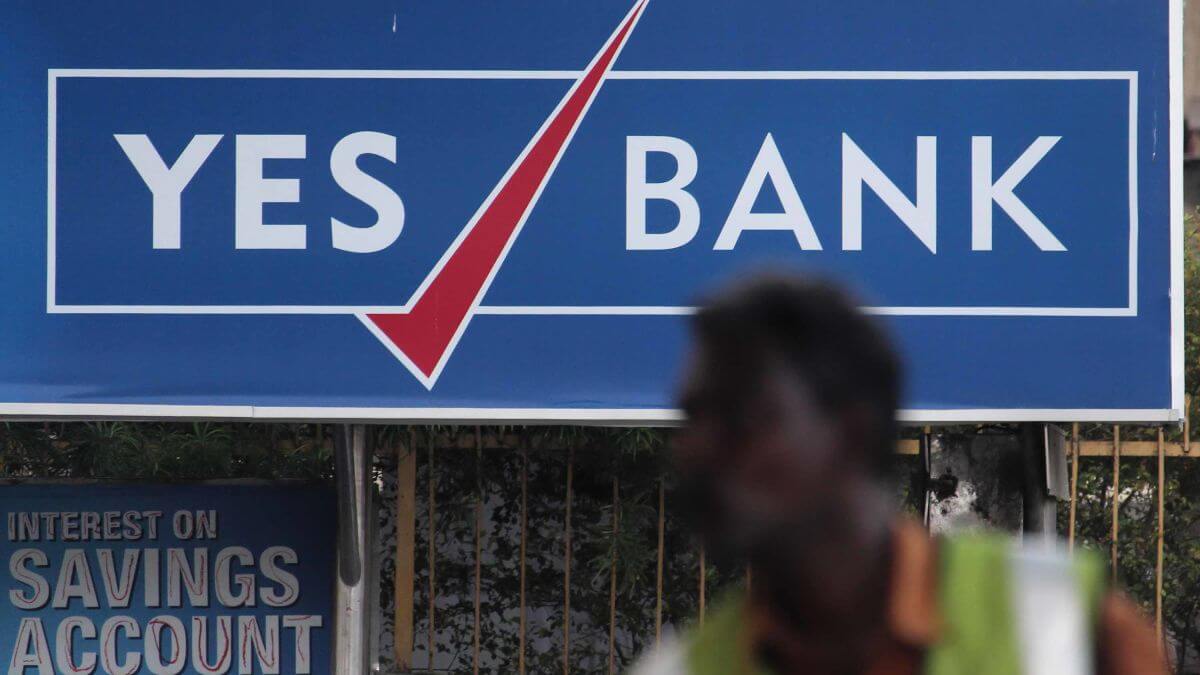India's fifth-largest private lender, YES Bank, is facing a crisis as the financial position of the bank deteriorates from bad to worse. In the last few years, the bank has been struggling for capital, with mounting losses from bad loans making it vulnerable to a complete collapse.
In the wake of this, India's Central Bank, the Reserve Bank of India (RBI), decided to temporarily take control of the bank's board to ensure and implement a rescue plan within 30 days. RBI has also imposed a withdrawal limit of Rs 50,000 ($682) per depositor, which will be effective until April 3. According to RBI, such a move was necessary to "quickly restore depositors' confidence" and protect their interests and prevent a shock to the country 's financial sector.
In a statement yesterday, RBI gave assurances to depositors of the bank and urged the public not to panic. It also announced some instances under which depositors will be allowed to withdraw more than 50,000, especially for the payment of medical bills, educational costs, and obligatory expenses with regards to marriage, etc. At the same time, the RBI will conduct a complete audit to examine any wrongdoing in the decision making by current or former leadership. Apart from its recent failures in raising fresh capital under new leadership, YES Bank was also highly exposed to fraudulent (CG Power) and debt-laden companies (DHFL, Jet Airways), leading to the present crisis.
Its practice of aggressive lending to high-risk borrowers led to a 17.5% increase in its non-performing assets (NPAs) last year. RBI additionally reported that the bank had under-reported its bad loans by over Rs 10,000 crores for over two years. Poor corporate governance, mounting bad loans, founder Rana Kapoor's decision to sell off his entire holding in the bank led to the RBI reject his reappointment as CEO and cement his eventual removal.
In the meantime, the Indian government has asked India's largest bank, State Bank of India (SBI), to step in to make sure the bank does not go under. SBI and its board will now conduct an assessment and either lead a consortium that will inject much-needed capital into the bank or collectively absorb a 49% in the fledgling bank. Despite these actions by Indian authorities, YES Bank shares have continued to fall in the stock market today and are currently down by over 85%. And, with uncertainty looming over its future, panic-stricken customers are lining up to ATMs fearing the loss of their savings and deposits.
Image Source: CNN
RBI Takes Charge of Troubled YES Bank and Limits Withdrawals to Rs 50,000
March 6, 2020

